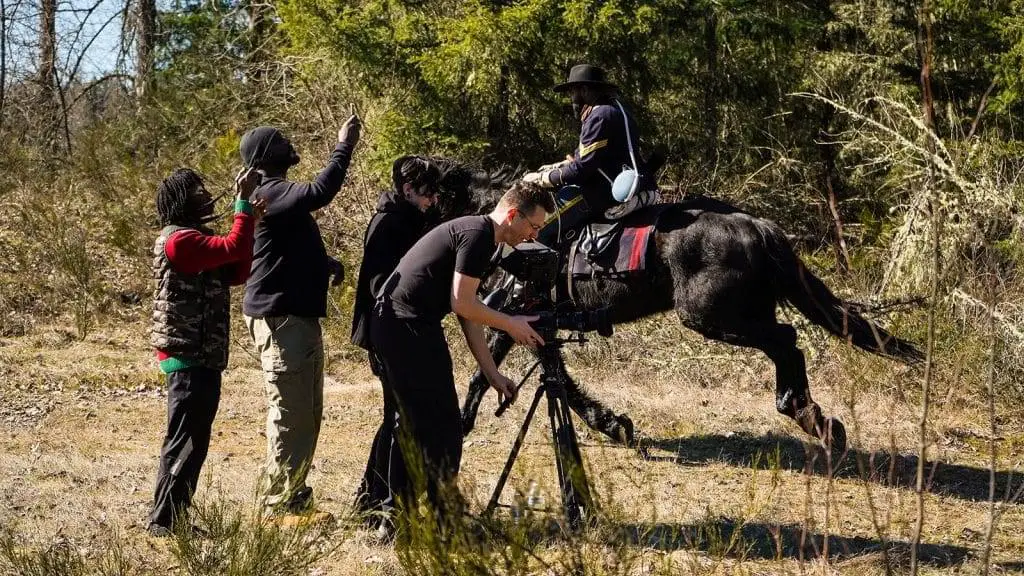
“Black Swan Theory,” developed by economist, mathematician, and philosopher Nassim Taleb, deals with outlier events of unexpected magnitude and consequence. It also touches on uncertainty, randomness, and the “impact of the highly improbable.” Not to mention the “psychological biases that blind people to uncertainty.”
And, believe it or not, it’s a model that fits the indie film industry like a glove.
In general, a “Black Swan” event comprises three distinct elements:
1. It is an outlier;
2. It carries an extreme impact;
3. It is explainable and predictable only after the fact.

“…previously unknown New Jersey filmmaker strikes it rich after screening his low budget, financed-on-credit, black and white indie film at Sundance.”
Ever hear of a little indie film called Clerks?
After Clerks landed a deal at Sundance, the prevailing narrative came to be “previously unknown New Jersey filmmaker strikes it rich after screening his low budget, financed-on-credit, black and white indie film at Sundance.” And when that legend was printed, it became the standard template for what the majority of filmmakers considered to be the path to a career as a filmmaker.
Over the next few years, you saw a lot of filmmakers trying to recreate that success, which resulted in a wave of copycat films that didn’t add anything to the conversation (nor doing anything for the filmmakers’ careers). Nevertheless, a Sundance screening became the lottery ticket that we all chased for the next 20 years.
But, we never hear about the 7,000+ films that don’t make the cut at Sundance.
Maybe your film was one of those rejected from Sundance this year. Statistically speaking, your chances of being accepted to Sundance are approximately 0.74%. To put that in perspective, you have a better chance of being drafted to play professional basketball (1 in 5000 for women; 1 in 3333 for men) than you do of screening your film at Sundance.



[…] month’s post will build off of our previous post in this series, so please refresh your memory to get the most out of this […]